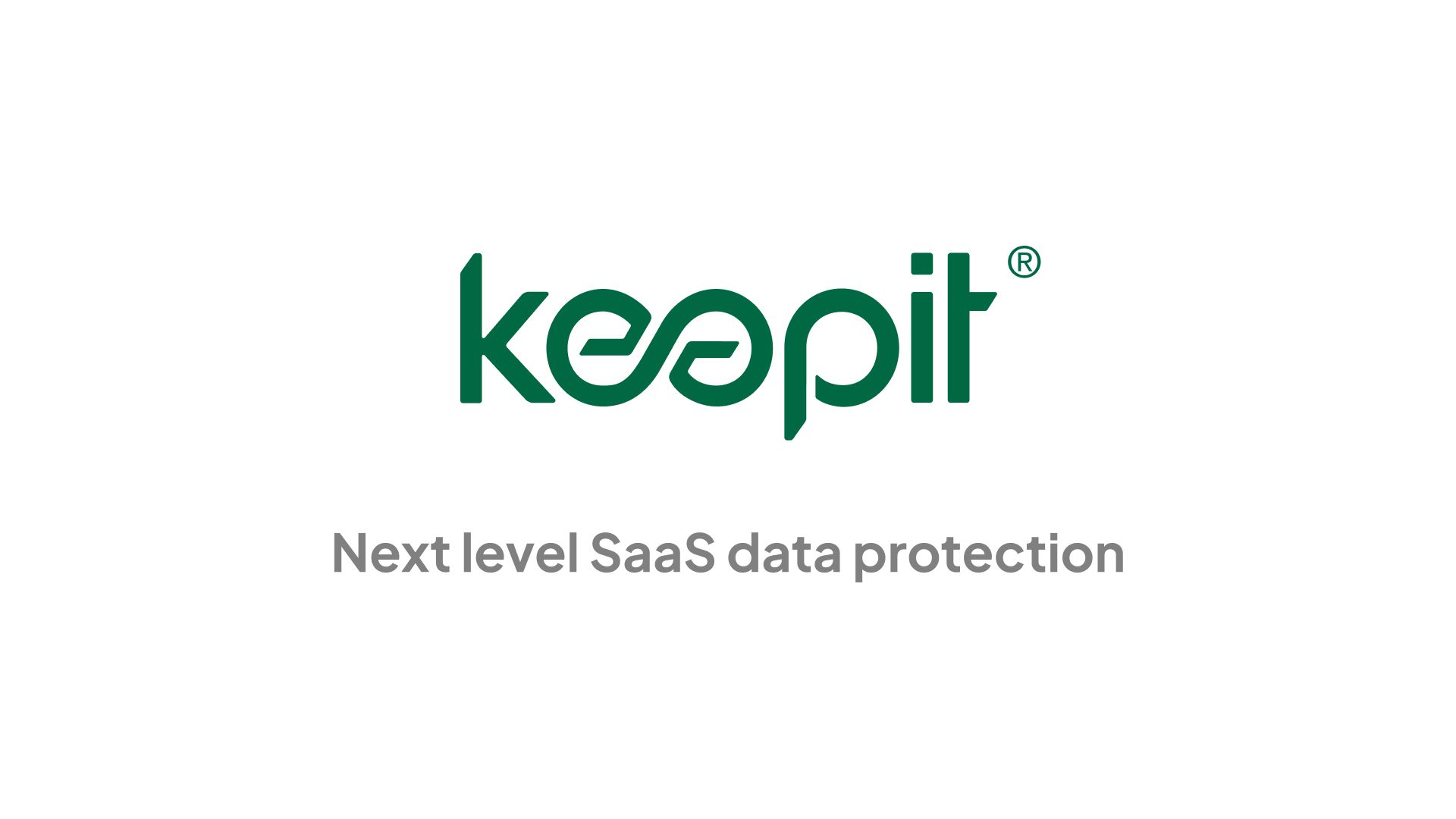Dell Technologies on Monday announced new partnerships with Amazon Web Services and Microsoft Azure that introduces Dell’s APEX Cyber Recovery Services, which aims to simplify recovery from cyberattacks.
“Our customers want help reducing complexity and are seeking solutions that use a common approach to managing data wherever it lives — from public clouds, to the data center, to the edge," said Chuck Whitten, co-chief operating officer, Dell Technologies. “We are building a portfolio of software and services that simplifies on-premises and multi-cloud environments.”
Dell’s goal for storage software in the public cloud is for its customers to seamlessly move data to the cloud and leverage cloud-based analytics services. The new service promises to let developers write applications once and deploy them anywhere they are needed to create a consistent, cloud-native experience across multiple public clouds.
Christophe Bertrand, a senior analyst at the Enterprise Strategy Group, said Dell has been building on its strong existing cyber recovery offering with these new vault options for Azure and AWS and delivering on its roadmap. Bertrand said Dell has established a very strong presence for its vault solution on-premises — an important component for cyber resilience and recoverability, and they are now expanding it to the public cloud with Azure and expanding features with advanced capabilities with AWS (corruption detection, analytics and machine learning).
"These options provide a robust vault/recovery solution at scale for enterprises,” Bertrand said. “I like to say that disaster recovery is dead and that we are now in the era of cyber recovery. That’s exactly what Dell is expanding on here.”
The Dell announcement exemplifies the industry’s accelerated adoption to the cloud, which we all recognize, said John Yun, vice president of product strategy at ColorTokens. Yun said Dell’s move signifies the trend of organizations adopting the best cloud service available that meet their needs —even for multi-cloud services as requirements expand.
“To put it in perspective, connecting data and recovery services from on-premise to the cloud are viewed as tables stakes for many organizations today,” Yun said. “The bigger challenge organizations face today is expanding their existing and well-defined security policies to the cloud with the goal of maintaining consistent and comprehensive security across their entire network — a tall order if you consider the various combinations of on-prem, cloud, and multi-cloud infrastructures.”
Sandy Dunn, CISO at BreachQuest, said as organizations wrestle with talent and skills shortages and the burden of increased regulation requirements, being able to purchase hardware, cloud services, and ensure the business is protected in the event of an incident from one company has real business value.
“The challenge is the organization will have to decide how much they want to put all their trust in Dell,” Dunn said. “If an organization outsources all the technical expertise, Dell has the organization in a hostage situation and [a customer] may not even know how to leave with their data if they ever wanted to.”




